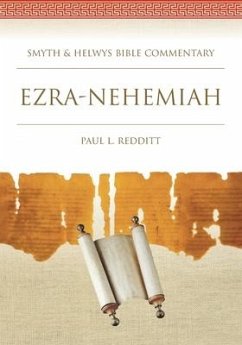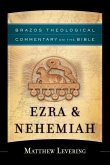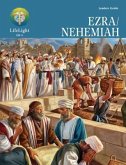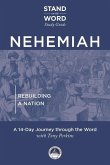Ezra-Nehemiah describes events that occurred between 539 and 432 BCE, but the book itself was written between that latter date and about 200 BCE. Though it describes early events and perhaps incorporates authentic "memoirs" of Nehemiah, it also contains later lists, narratives, and thinking about that crucial century in the life of post-exilic Judah (or Yehud) and its neighbors. Ezra-Nehemiah dutifully records both the successes and the excesses of three waves of returnees. It opens with the efforts of early returnees to rebuild the altar at the site of the Jerusalemite temple in 538/7 and the rebuilding and dedication of the temple in 520 BCE. It records a second return under Ezra perhaps in 458, and it reaches its saddest moment in Ezra 9-10, when Ezra himself demands the divorce of returned exiles who had married local Yehudite women. Nehemiah completes the narrative of the reestablishment of exiled Jews with its discussion of the rebuilding of the wall of Jerusalem and other actions in 445/4 and 432 by the returnees to solidify their control over the temple, Jerusalem, and post-exilic Yehud.Written by accomplished scholars with all students of Scripture in mind, this innovative new commentary series is designed to make quality Bible study more accessible. Pastors, professors and students of Scripture are discovering that this commentary is a wonderful new tool for enhancing interpretation.
Bitte wählen Sie Ihr Anliegen aus.
Rechnungen
Retourenschein anfordern
Bestellstatus
Storno








